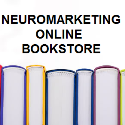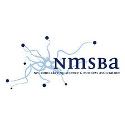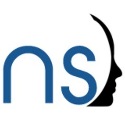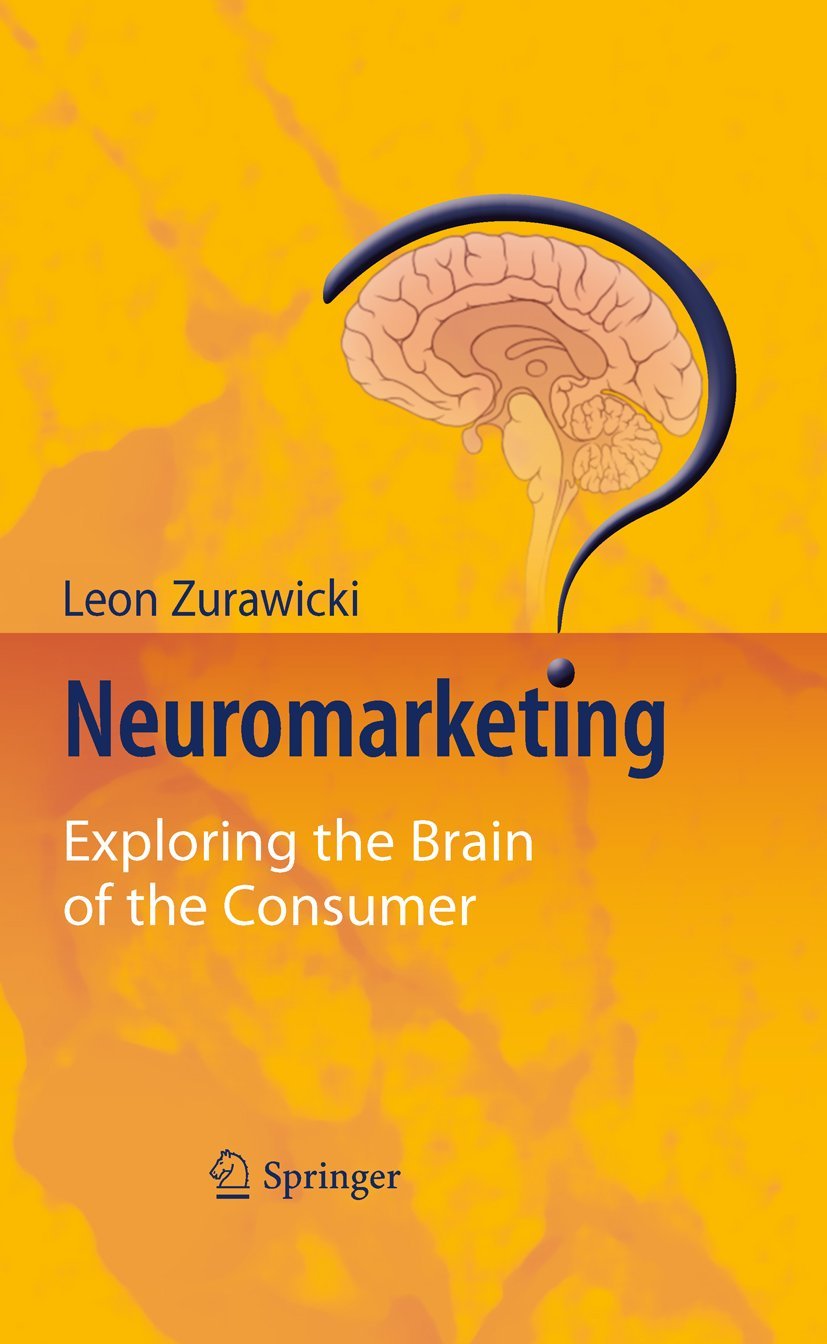Contributions of Consumer Neuroscience to Neurology
 A new open-access article published one week ago proposes an interesting well-documented research discussion on the contributions that Neuromarketing has to offer to Neurology research, pointing out the scientific and commercial applications of neuroscientific methods in marketing. Unfortunately, many of the previous debates over neuromarketing tended to lack a differentiation between scientific and commercial for-profit applications, as we witnessed a lot of media discussions on ethics an the consequences neuromarketing has on consumers, neglecting the many positive contributions for science and consumption research. You may read the whole article (reference: Javor A, Koller M, Lee N, Chamberlain L, Ransmayr G (2013) Neuromarketing and consumer neuroscience: contributions to neurology. BMC Neurology 13:13. doi:10.1186/1471-2377-13-13) or some of the discussions highlighted below. The authors state that there has to be made a distinction between the applications of neuroscientific methods:
A new open-access article published one week ago proposes an interesting well-documented research discussion on the contributions that Neuromarketing has to offer to Neurology research, pointing out the scientific and commercial applications of neuroscientific methods in marketing. Unfortunately, many of the previous debates over neuromarketing tended to lack a differentiation between scientific and commercial for-profit applications, as we witnessed a lot of media discussions on ethics an the consequences neuromarketing has on consumers, neglecting the many positive contributions for science and consumption research. You may read the whole article (reference: Javor A, Koller M, Lee N, Chamberlain L, Ransmayr G (2013) Neuromarketing and consumer neuroscience: contributions to neurology. BMC Neurology 13:13. doi:10.1186/1471-2377-13-13) or some of the discussions highlighted below. The authors state that there has to be made a distinction between the applications of neuroscientific methods:
- ‘Neuromarketing’ – for commercial applications
and
- ‘Consumer Neuroscience’ – for scientific applications
, as there are both commercial and scientific applications of neuroscientific methods in a marketing context.
Focusing on the scientific applications, the authors identify the areas where consumer neuroscience could contribute to the field of neurology:
- The reward system is related to a set of behavioral anomalies that are frequently found in neurological diseases, like impulsive-compulsive disorders, including pathological gambling and compulsive buying.
- Studies using game paradigms could help to gain further insights into the underlying pathophysiology of pathological gambling in Parkinson’s disease, frontotemporal dementia, epilepsy, and Huntington’s disease.
- Also, the authors identify compulsive buying as a common interest in neurology and consumer neuroscience.
- Trust research in the medical context lacks empirical behavioral and neuroscientific evidence. Neurologists entering this field of research could profit from the extensive knowledge of the biological foundation of trust that scientists in economically-orientated neurosciences have gained.
- As the authors state, the growing media coverage of the topic of neuromarketing has predominantly covered the commonly-feared idea of ‘mind reading of consumers’ private thoughts and the location of the so-called ‘buy-button in the brain’. These misconceptions have their roots primarily in false promises given by commercial agencies. However, as of 2012, such a ‘buy-button’ has not been found, and it seems unlikely that such a thing exists in a scientific sense. In fact, despite consumer fears over neuromarketing, current marketing practice at the point of sale in traditional retail or consumer data transactions within the field of data mining and analytics are likely to be far more manipulative than neuroscientific experiments could ever be, given the complexities of the human brain. So it is important in particular for neurologists to enter this debate, and help clarify what type of information current brain-imaging methodology is realistically able to provide and how this information might affect society.
- Neurologists could contribute significantly to the ethical debate about invasive methods in neuromarketing and consumer neuroscience. Neuromarketing Science & Business Association already developed a Code of Ethics that should be applied in all neuromarketing research. Further, neurologists should investigate biological and behavioral reactions of neurological patients to marketing and advertising measures, as they could show special consumer vulnerability and be subject to target marketing.
This paper is an invitation for starting a similar discussion in the neurological community, so let’s hope this will start soon. An opportunity for this is the 2nd International Conference and Exhibition on Neurology & Therapeutics that will be focusing on the latest trends in neuroscience as eminent scholar’s, corporate and academicians will be attending it. For neuromarketers there will be a good opportunity for getting good exposure as we will be having 10 scientific tracks related to various fields of Neuroscience among which the track for “tools and techniques for NeuroScience” will be of significant interest to neuromarketers as they can discuss fMRI, EEG or SST .




















